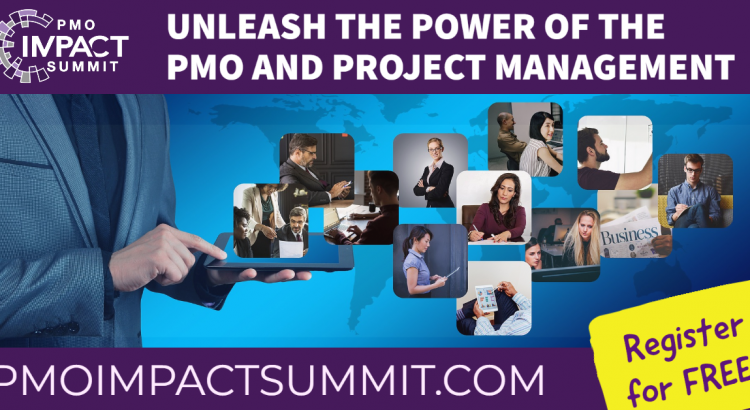PMO Contractor Workshop
I had the pleasure of attending the first PMO contractor workshop last week run by a new start up PMO learning. It was an opportunity to review the place of the CV for contractors looking for their next assignment. There was an interesting mix of people at the event, and yes, I took some of the learning to heart and linked-in with them afterwards.
Unlike a traditional training session where you sit there and try to work out how boring the presentation is on a scale of 1 to zzzz and look for spelling mistakes; Lindsay instead made it an interactive session and had spent some time personalising the session so that when references were made it involved looking at CVs or experience of one of the people in the session. This made it particularly relevant, and personal.
If you want to find out what the session was billed as containing, then you can check out the original article which prompted me to attend in the first place. The session itself was well paced, although there was a lot more that could have been covered in these sessions, depending on the attendees I am sure it will be adjusted for each session they deliver in future.
There were 3 main themes – why contracting? what makes a good CV? networking
Why contracting?
I know why I made the jump from being a permanent person through to being a contractor, and no it wasn’t the money. Lindsay went through a series of other questions you need to ask yourself before you bite the bullet and make the switch. If it is just about the money you may find yourself disappointed, and unfulfilled.
Lindsay covered what other things you should be thinking about as a contractor. Were you a jobbing contractor or a consultant, and did you know the difference between these 2 roles
For me one of the interesting quotes from this session was if we are all running a limited company, then why weren’t we managing things as a small business and advertising. Which brought us nicely onto
What makes a good CV?
This section allowed us to review our own CVs, therefore a working laptop with a copy of your CV was needed, and the ability to copy to USB disks (so don’t bring any locked down work laptop for this section). We also looked at how you could structure the PMO CV, with a couple of good examples were shared. How did we know they were good? Well the PMO Flashmob attendees voted on them, along with why they thought they were good.
We discussed length, and whether to use the same CV for everything (erm No).
That then linked along to whether you put your CV onto Linked In
Networking
The answer was no. Linked In should be used as your primary networking vehicle (at least online), but Twitter (#PMOT) is another way we can find out what people are doing across the PMO world. Of course, if you liked meeting real people then you can always try the PMO Flashmob sessions (Last Thursday in the month in London, other UK places check out the website)
We discussed what we should be using Linked In for, and the answer was creating articles (like this one (Yes, I did create this deliberately as a result of this session)). You could always post them on Linked in, but perhaps the best way is to write them on your blog (like this one) and then post them on Linked in and Twitter. If you don’t feel like doing that then Lindsay suggested things we could do
In Summary
It doesn’t matter what you know, or who you know, there is always room for improvement and it is good to keep learning.
I thought this was a great session. As it was a trial I am hoping (for your sakes) that there will be more in future. As you can see I haven’t given too much away as otherwise that will spoil the surprise for future attendees.
Thanks Lindsay for a great session, and thanks to my fellow attendees for some great questions and insights.

